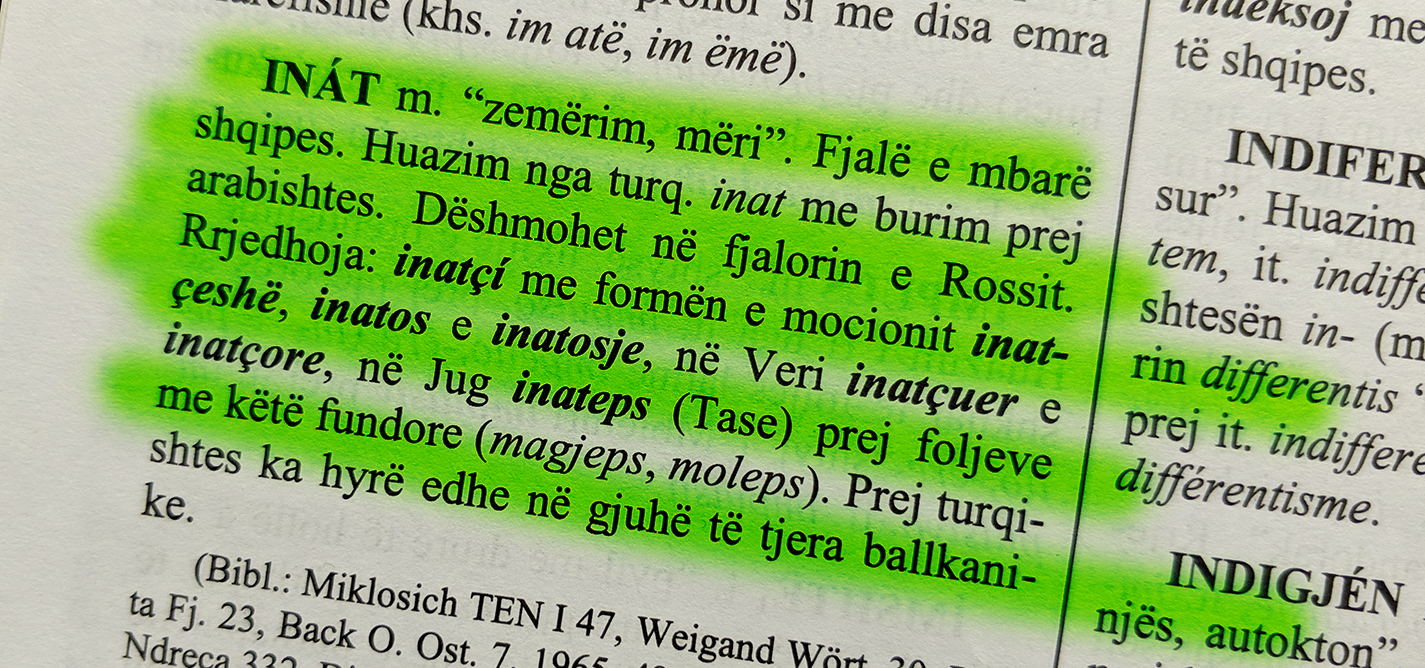
Specialist Chambers ‘inat’ should be recognized — and faced
At first glance, the two results might come across as incompatible — a contradiction.
Citizens most directly affected by war tend to better understand the need for transitional justice.
As charges come forward, they should not be understood or experienced as charges against Kosovo.

Besa Luci
Besa Luci is K2.0’s editor-in-chief and co-founder. Besa has a master’s degree in journalism/magazine writing from the University of Missouri’s School of Journalism in Columbia, U.S..
DISCLAIMERThe views of the writer do not necessarily reflect the views of Kosovo 2.0.
This story was originally written in English.